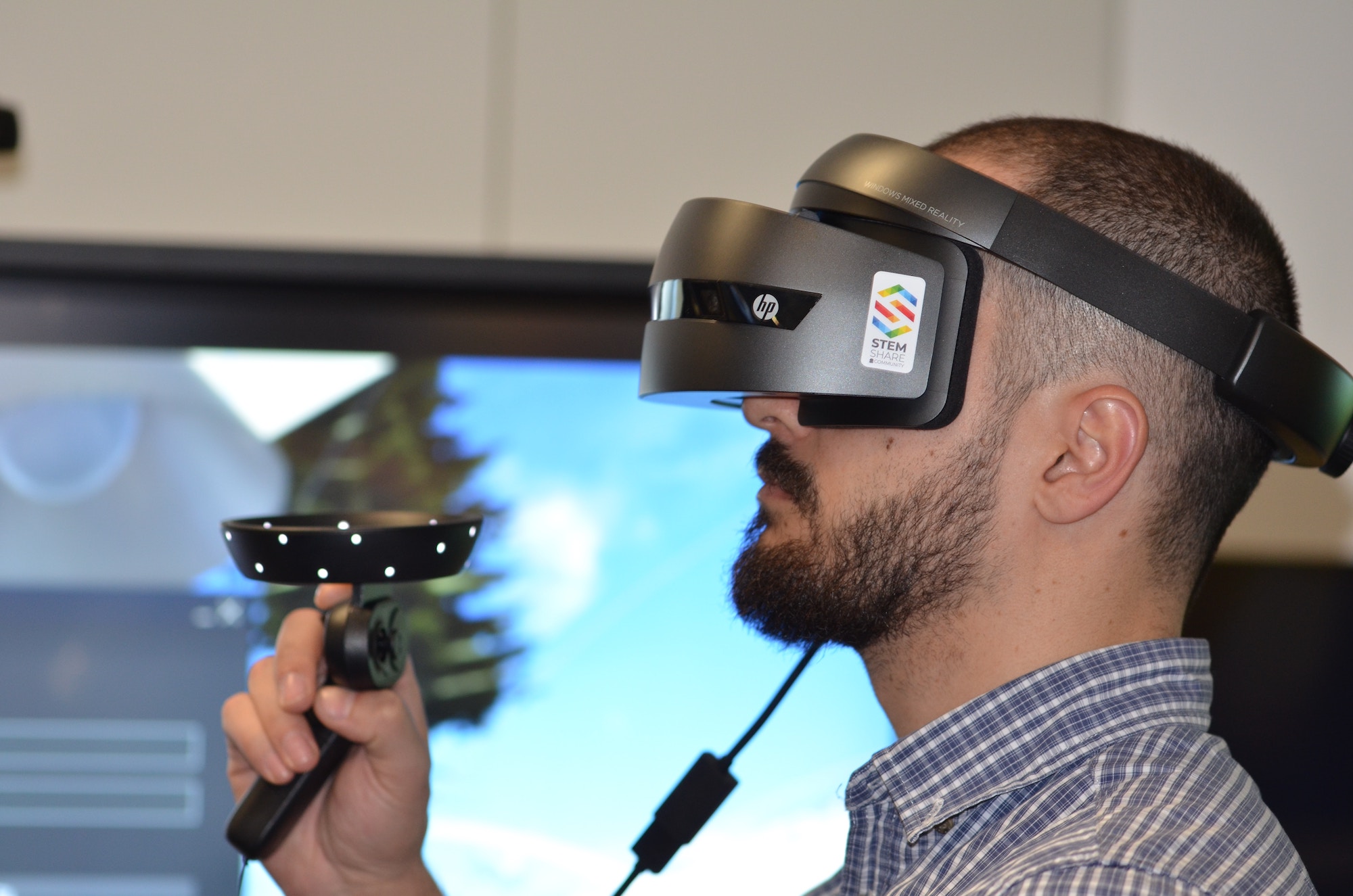AI is sure to disrupt the workforce as we know it. In fact, a recent McKinsey Global Institute report projects that 75 million to 375 million workers — 3% to 14% for the global workforce — will need to change occupations by 2030. But is the fear of AI overcharging our nerves? While many people in the job force are nervous about the disruptions AI will cause various working industries, there’s also a light at the end of the tunnel.
In my article, Merging AI and human minds could make the workforce smarter, published on VentureBeat, I delve into the idea that AI could help adapt and improve the skills and intelligent capabilities of an emerging human workforce. In fact, AI could help entrepreneurs and business associates reach their full potential.
Assessing New Skills and New Abilities — Thanks to AI
According to my research, AI and machine learning algorithms, like IBM’s Watson, can now strategize chess moves and research medical solutions. With the advent of deep learning robots, they can also complete repetitive tasks. This can help us assess our own skills and practices in our everyday professions, ultimately reshaping the way we learn and work.
PwC reports that 39 percent of CEOs are taking measures to prepare for automation in their industry. Since, they’ll have to keep up with emerging trends, entrepreneurs and workers will have to shift their skills. In effect, AI could make humans more essential when it comes to emotional intelligence and cognitive skills on the job. As software companies build more cognitive AI tools, then they can help humans utilize deeper learning techniques. From a psychological point of view, AI could make us cognitively smarter. Called the Flynn effect, the theory states that as data and information increase with AI tools, our brains will need to work faster to keep up with new data. As a result, can help us better prepare and perfect our skills for more developed ways of learning. Even the Harvard Business Review notes that our perspectives on the definition of smart will change. In fact, the future holds potential for the future between man and machine which will build a more informed, emotionally intelligent, and communicative workforce. In all, AI is a tool to be harnessed, not feared.







